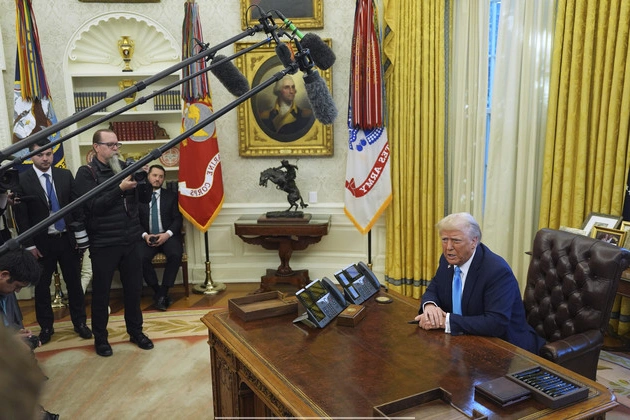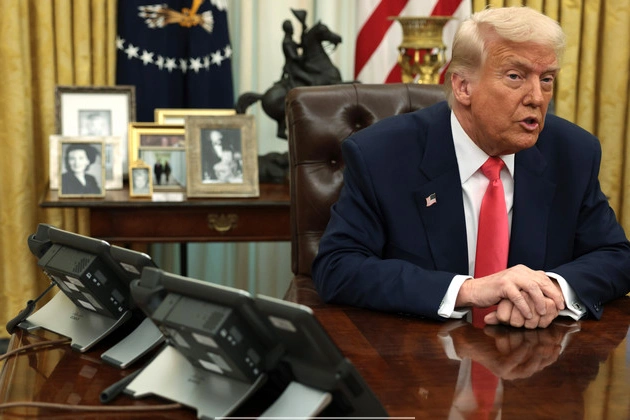
Preserving Transgender Rights in Prison
A federal judge recently made a significant decision to block the implementation of President Trump’s executive order regarding transgender prisoners. The ruling prevents the relocation of transgender women to men’s facilities and ensures the continuation of their medical care, highlighting the importance of upholding their rights and safety.
The Legal Standpoint
U.S. District Judge Royce Lamberth, appointed by President Reagan, issued the ruling, citing potential violations of the Eighth Amendment’s prohibition on cruel and unusual punishment. This decision comes as a victory for three transgender women inmates who raised concerns about the increased risk of physical and sexual violence they would face if transferred to men’s prisons.
Protecting Health and Well-being
Furthermore, the judge’s order safeguards the access to necessary medical treatments for gender dysphoria, acknowledging the severe consequences that could arise from depriving individuals of essential medications. By blocking the enforcement of certain provisions in the executive order, the court ensures that transgender inmates receive proper care and support.
Implications and Challenges
This legal battle is part of a broader conflict surrounding transgender rights in the current political landscape. President Trump’s attempt to eliminate transgender-related policies has sparked numerous legal challenges, reflecting a larger debate on gender identity and equality within the justice system.
Looking Ahead
As this case unfolds, it underscores the importance of upholding the rights and dignity of all individuals, regardless of their gender identity. By addressing the unique needs of transgender inmates and ensuring their safety, the legal system takes a step towards inclusivity and fairness.















